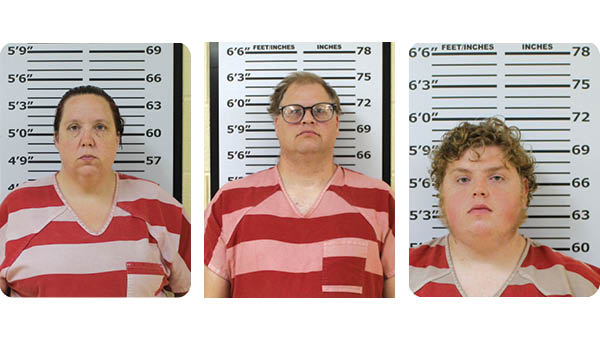Glass stove tops are not recommended for canning
Published 10:00 am Wednesday, July 19, 2017
By VICKIE CLARK
Question: Can I use my glass top stove for canning?
Answer: There are three primary reasons why manufacturers recommend against canning on a glass top stove.
The first is that many older canners have concave bottoms. When you combine a concave bottom with a flat surface, heat, and water, there is a risk that a seal will form between the canner and the stovetop. It’s not a huge deal until you go to move a canner that has suctioned itself to the stove. The seal can be strong enough that attempting to move the canner can result in a cracked or shattered stove top (this can also happen if you put a lid on your flat surface).
The second reason that it’s not recommended is that a full canner load of seven quart jars can be heavier that the stove top can bear. Even if your pot has a flat bottom, if it ends up weighing more than the glass surface can bear, you can still end up with a broken range.
The third reason is that some glass top stoves cycle the heat on and off, and so aren’t able to hold a steady boil. If you can’t hold a canner at a constant boil, you cannot guarantee that you’re getting the full level of heat penetration necessary for your preserves to be sterilized and safely shelf stable.
Other heating methods you can’t use for pressure canning are: induction ranges, electric hot plates and outdoor LP gas burners.
Pressure canners won’t work on induction ranges, because they are made of aluminum. Electric hot plates do not provide sufficient energy to heat a canner for the boiling water method or for pressure canning. Outdoor LP gas burners in excess of 12,000 BTUs cannot be adjusted to a low enough setting to maintain the recommended amount of pressure, which can result in damage to the bottom of the canner.
Vickie Clark is the Director of the Carter County UT Extension Office and also serves as the Family and Consumer Sciences Agent. If you have questions or need any information related to Family and Consumer Science contact her at the UT Extension Carter County, 824 East Elk Ave., Elizabethton, call 542-1818 or email at vclark@utk.edu.





